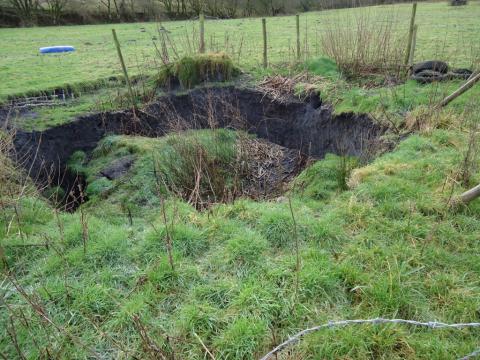A More Sustainable form of Soil Stabilisation?
Could biopolymers provide a more environmentally friendly and sustainable alternative to traditional additives, such as cement, which have significant negative impacts on the environment. Significant amounts of carbon dioxide (CO2) and nitrogen oxide (NOx) gases are emitted during the production of cement, which is also a process with a high energy demand. Biopolymers on the other hand are stable, carbon neutral and renewable.
Issue 527 of the EU, Science for Environment Policy paper states: “Soil stabilisation and the process of strengthening the physical properties of soil is fundamental to the construction process of infrastructure such as roads, runways and earth dams. Many chemical additives currently used in soil stabilisation are associated with adverse environmental effects and this study examines the use of biopolymers, such as xanthan gum and guar gum, as more sustainable alternatives. The researchers have run a series of laboratory experiments to evaluate the viability of these two types of biopolymers for use as additives for collapsible soil stabilisation, and found that both could be used in place of conventional additives to improve soil strength, permeability and collapse potential.”
This is something we will be following with interest.
